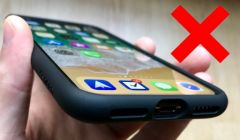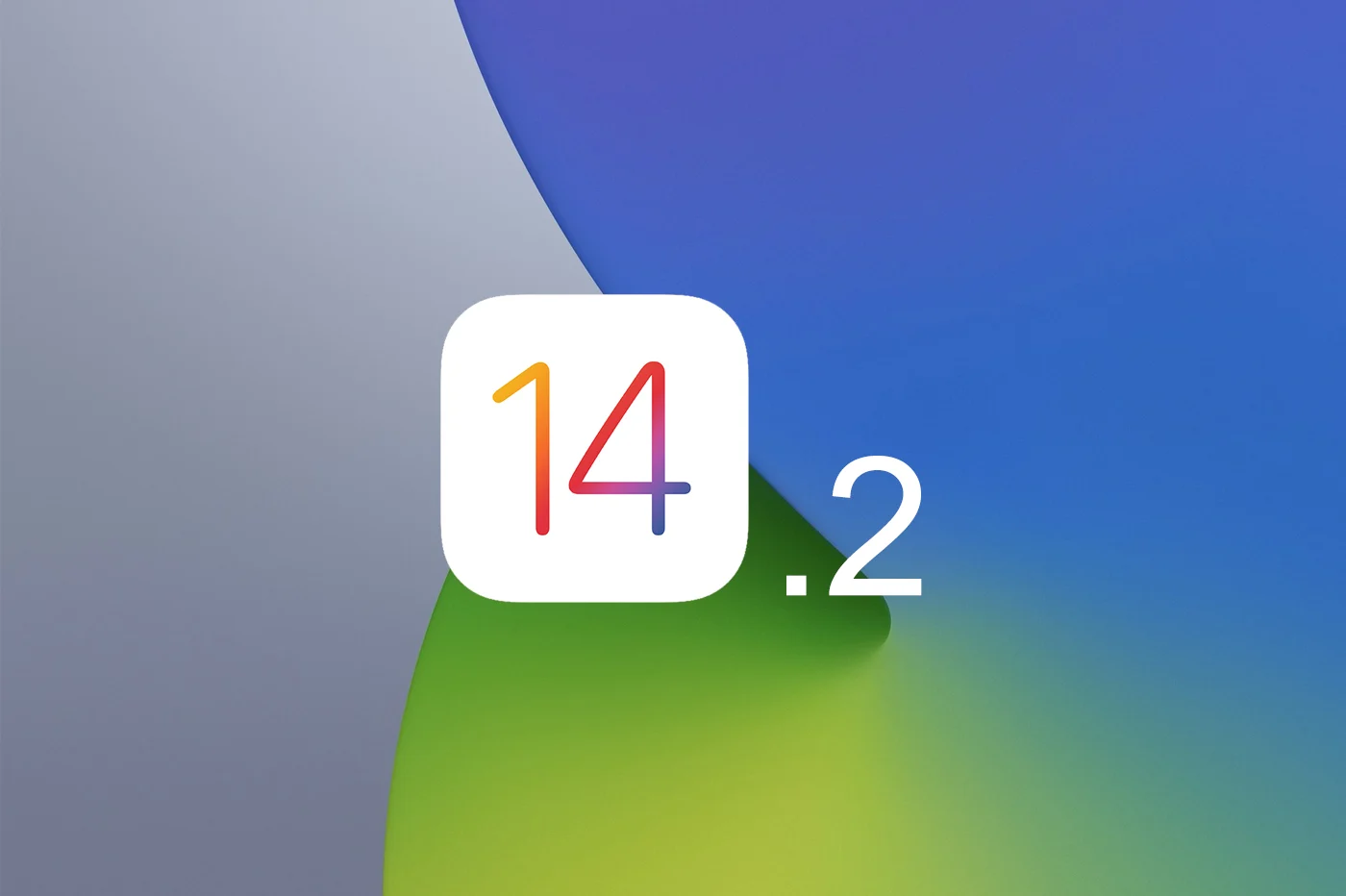Integrating ChatGPT into the AI feature suiteApple Intelligencedoesn't really please Elon Musk. The owner of the social network X (formerly Twitter) ensures that iPhones equipped with this new service will simply be banned within its companies. More precisely, visitors to the blue bird platform or even SpaceX will have to leave their mobile at the entrance to the buildings. These will then be secured within a Faraday cage. This is a confined space from which waves cannot escape, in other words preventing the transmission of data. It is this principle which explains the waterproofing of elevators, in particular.
Apple Intelligencewas presented during theWorldwide Developer Conference. The system, according to its publisher, would only communicate personal data with private servers. Which means that, on paper, Cupertino doesn't countnotresell our information or send it to third parties. But this statement is in principle. And for good reason: the Californian giant has already been singled out in the past for not having kept its commitments to the protection of privacy. Remember in particular the Siri eavesdropping scandal, when the proprietary voice assistant was activated without users being informed in the slightest.
Apple Intelligence: functionalities that are nevertheless useful in the office
Despite everything, Apple Intelligence today presents itself as an ally of choice for professionals. Indeed, among the list of features of the suite, we find in particular atranscription assistantwhich has nothing to envy of that offered by Samsung with Galaxy AI. The tool is based on audio recorded with the Dictaphone app to generate text on the fly, thanks to artificial intelligence. In other words, a brand tool so you don't miss anything about a meeting you can't be present at, for example.
But that's not all, since with Apple Intelligence users also have the ability tocorrect textwritten by them. As a bonus, a new context menu in macOS Sequoia (macOS 15) allows you torephrasethe content of an email or message. Internet users can then opt for a new, more formal version of their text, or on the contrary more friendly. Of course, to benefit from all these advantages, you must first be able to give your consent. Apple thus explains that its new AI features will not be activated behind the backs of mobile users, but again, it is on paper.
Data resale in the spotlight
Without beating around the bush, Elon Musk does not hesitate to assure that Apple risks “[sell]” our personal data if we agree to use its artificial intelligence. The manager thus seems to know more about the functioning of OpenAI, which would be responsible for more than questionable processing of this private information. And since it is one of the co-founders of Sam Altman's company who assures this, we can allow ourselves to take his word for it.
For its part, Apple does not seem to have reacted. But it is certain that to improve the answers provided by OpenAI's artificial intelligence, it still needs to be fed. However, the personal data collected by iPhones are real gold mines for publishers. Moreover, although Apple is careful not to resell it according to many of its marketing materials, it is already possible to buy this information in order to publish advertisements on the App Store. Tim Cook's company simply specifies that the data is anonymized, but is that really enough? For a potential hacker, maybe not.
- Elon Musk assures that personal data collected by Apple Intelligence could be resold
- It is OpenAI which would be responsible for the processing of personal data, quite doubtful
- Elon Musk is one of the co-founders of OpenAI
- Apple assures not to resell personal data

i-nfo.fr - Official iPhon.fr app
By : Keleops AG




